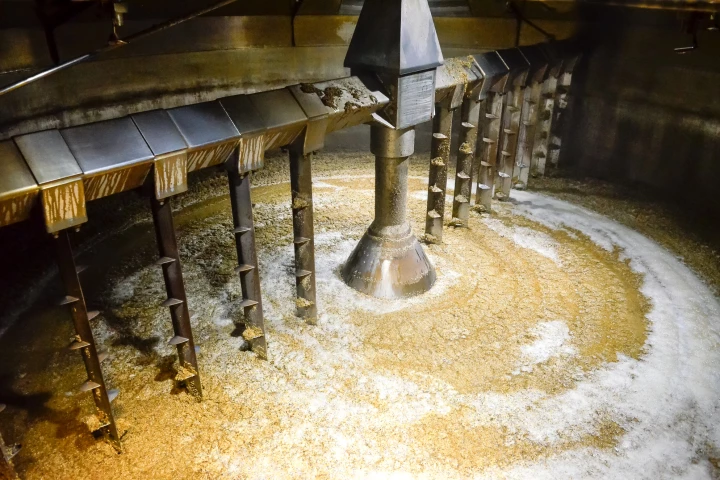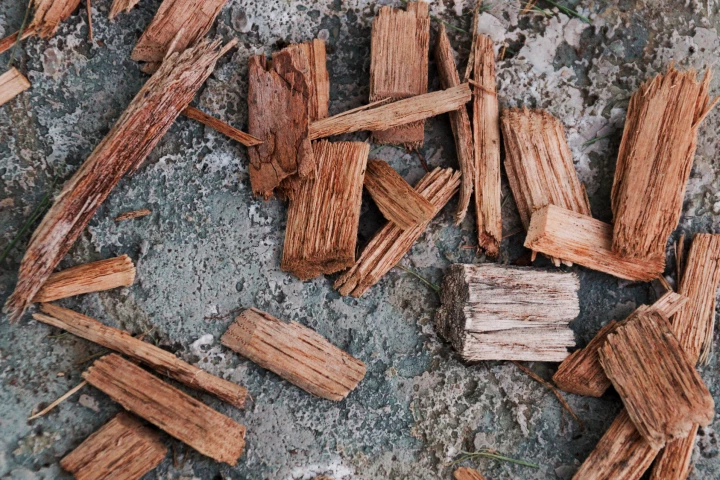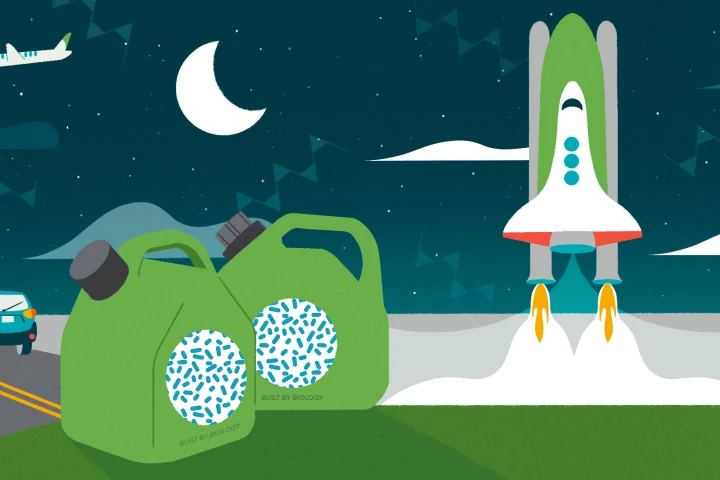Biofuel
-
An engineering student and his buddies came up with a brilliant solution for reducing carbon emissions from their university's heavy machinery. And what better demo than to install a tractor engine on an old Harley, and run it on used vegetable oil?
-
A new video takes you inside Dyson's impressive vertical farming operation, which is home to 1,225,000 strawberry plants and shows you how the company is applying its manufacturing knowledge to producing homegrown food for British consumers.
-
Using ultrasonic waves and a salt bath, a research team has altered the surface of glass. The brand-new method may lead to glass made without the use of harsh chemicals for self-cleaning windshields, germ-busting surfaces, or maybe even better beer.
-
In Kentucky, bourbon demand is expected to double in the next five years, while the state's cattle population has reached its lowest point since 1951. Here's how these facts could combine to turn bourbon distilleries into a new source of biofuels.
-
Thanks to a recent discovery regarding marine algae, scientists have developed crop plants that absorb a fuller spectrum of sunlight, resulting in better growth. The finding could also lead to increased production of biofuels.
-
Scientists have developed a synthetic pathway that can capture CO2 from the air more efficiently than in nature, and shown how to implement it into living bacteria. The technique could help make biofuels and other products in a sustainable way.
-
While we use around five trillion plastic bags every year, disposable alternatives aren't that much better. A group of scientists, however, want us to rethink the humble paper bag, making it super strong, durable and a handy source of biofuel.
-
Microalgae are widely used in products such as biofuels, nutritional supplements and cosmetics. A newly-described type has been found in a home aquarium – and it could prove to be particularly useful.
-
A rolling compressor from Japan has extracted water from plants without the need for a heat source, creating water-soluble antiviral compounds from cedar and ginger while turning the plants into clean, efficient fuels.
-
Although they have a number of potential uses, spent coffee grounds typically just end up in landfills – or at best, in compost heaps. According to a new study, however, they could soon be utilized to both support and feed biodiesel-producing algae.
-
While plants such as soybeans are major sources of biofuel, they're grown on land that could otherwise be used for food crops. With that problem in mind, scientists have genetically engineered oil-producing duckweed that could be grown in wastewater.
-
As effective as fossil fuels may be, their impact on the planet cannot be overstated. Now researchers at Berkeley Lab have coaxed bacteria into directly producing a new biofuel with an energy density significantly higher than jet fuel.
Load More











